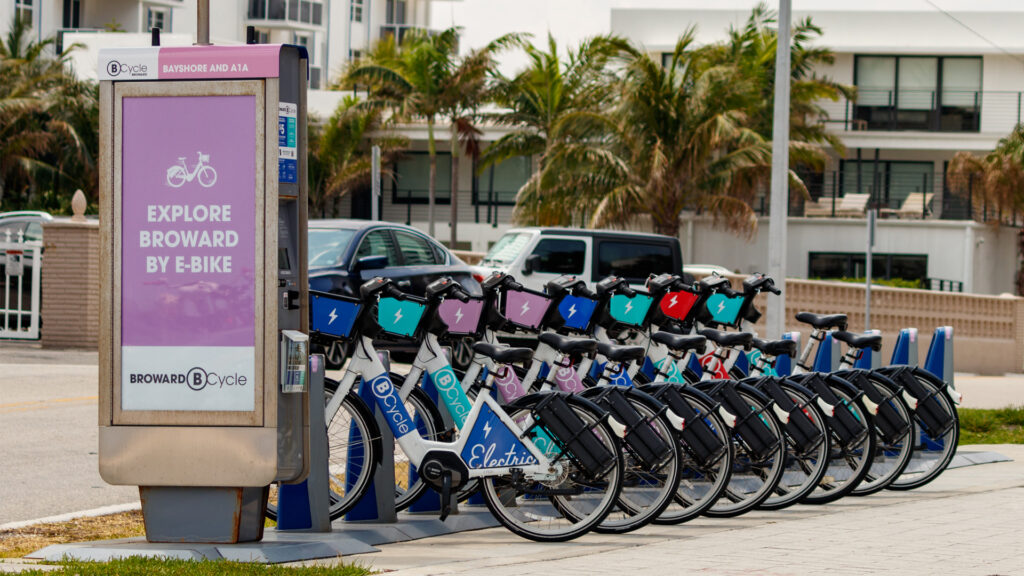A roundup of news items related to climate change and other environmental issues in Florida:
New Florida bill would make buy electric bikes, scooters more accessible | WFTV 9

TALLAHASSE, Fla. — To give people more freedom when it comes to personal transportation and help close transportation access gaps experienced by many Floridians, a new bill would create sales tax exemptions on some personal electric vehicles.
On Tuesday, the Senate Commerce and Tourism committee voted unanimously to move forward SB 58, a bill that would create two 45-day sales tax exemptions on electric assist bicycles, scooters and related safety equipment.
The bill, sponsored by Sen. Linda Stewart (D-Orlando), is an effort to incentivize Floridians to buy personal mobility vehicles designed to electrically assist its user in quickly traveling short distances, and have a positive impact on our college campuses and around downtown centers where traffic and parking are always major issues.
Florida’s ‘last resort’ insurer to offload thousands of policies this year | Newsweek
Florida’s state-backed Citizens Property Insurance Corp. will be transferring about 76,000 policies to several private insurers this month, the company recently announced—offering a rare glimmer of hope for the crisis-stricken insurance sector in the Sunshine State.
The company’s chief executive officer and president, Tim Cerio, told the House Insurance & Banking Subcommittee last week that Citizens will transfer 338,000 policies over the course of 2024, as fears over a possible insolvency of the state-backed insurer have grown as it picked up more customers in the past year.
Citizens, considered an insurer of last resort for Floridians who cannot convince a private company to cover their properties, has grown massively in recent years as home insurance premiums skyrocketed in the state.
A new satellite could help scientists unravel some of Earth’s mysteries. Here’s how | USA Today
Imagine coloring a picture with 200 crayons instead of eight.
That’s the difference in light and color that a new satellite bound for orbit will bring to the study of microscopic particles in our atmosphere and waterways, said Jeremy Werdell, a project scientist with the National Aeronautic and Space Administration.
The satellite – called the Plankton, Aerosol, Cloud and Ocean Ecosystem, or PACE – will provide critical new information to help better understand the role such particles play in the exchange of carbon dioxide and energy in the atmosphere and ocean, and in our changing climate, scientists said.
If you have any news items of note that you think we should include in our next roundup, please email The Invading Sea Editor Nathan Crabbe at ncrabbe@fau.edu. Sign up for The Invading Sea newsletter by visiting here.



